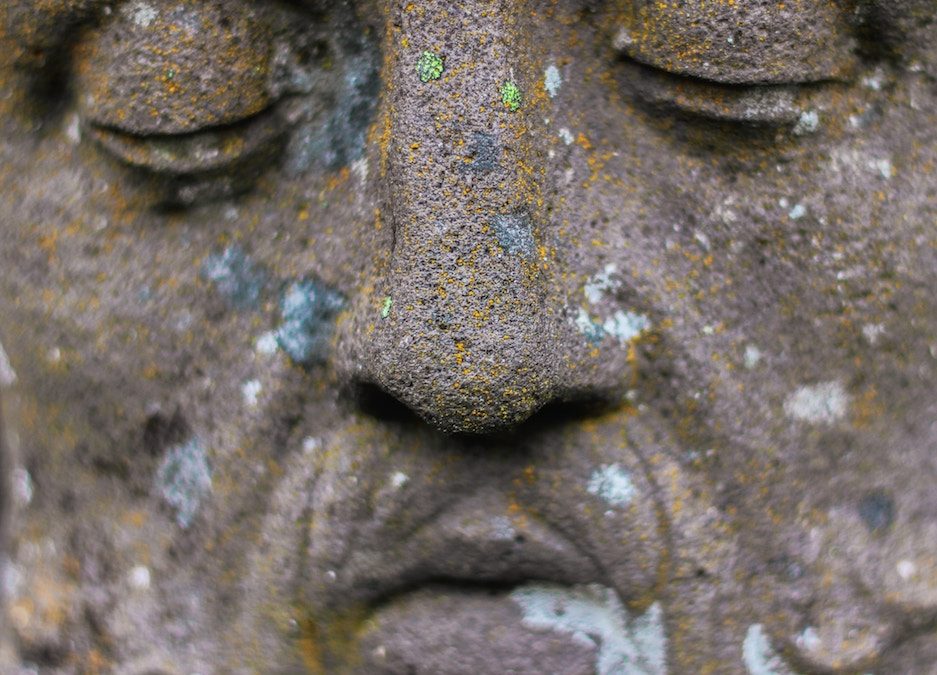Once you know how to recognize shame in all its forms, you can begin to heal this most toxic of emotions. When you feel shame, you think you feel awful because you deserve to feel awful. in other words, the shame feels like an inevitable and unavoidable consequence of something you’ve done—or worse, of who you are. It isn’t. You can learn to respond to shame in a more self-compassionate way. But first you have to recognize the more subtle ways shame can show up.
This post was originally published on October 13, 2015. I’ve updated the video for you with clearer content, better sound, and better picture quality. And for those of you who prefer reading to watching, I’m delighted to offer another new feature: a PDF transcript of today’s video.
Shame is painful
I’m sure you, like me, have certain memories that can still bring a flush of heat to your face and a sinking feeling in your stomach. Of all the painful feelings in life, shame is quite possibly the worst. When you feel ashamed, you don’t merely feel overexposed and vulnerable: you feel as if your fundamental worth and value are in question.
For sensitive people, shame can be a too-frequent companion. Here are three reasons why. First, we feel everything deeply. Second, we find criticism particularly painful. And third, because we are conscientious, we are prone to respond to criticism, mistakes, or conflict by telling ourselves we must have done something wrong. In other words, we shame ourselves.
Sometimes you can clearly what you did, said, or experienced that has caused you to feel ashamed. When you know the cause, it’s easier to detect what you are telling yourself and to see you have choice over your response.
At other times you may not perceive the source of your shame. In this case, the bad feeling accumulates gradually. But the effects are no less devastating. So you need to know how to catch subtler signs of shame too.
In this 10-minute video, I clarify why we develop the habit of shaming ourselves in the first place. Then I share examples of subtle forms of shame to help you recognize them.
What helps you recognize and get to the bottom of feelings of shame? We can all learn from each other so please share your comments and questions with me and my readers in the comments section below. If you have a question you’d like me to answer in the blog, just email it to me and I’ll try to answer it.
_____________________
Focusing 1 for Sensitive People starts Sept 12, 2019!
Focusing partnership provides a powerful form of ongoing support for sensitive people. Even better, once you learn the skills, it is free for life. In Focusing 1 for Sensitive People, you’ll learn how to manage your intense emotions, including shame, in the safety of a small group. One course participant described it this way:
…the partnering has a very leveling effect…even though we are all just beginning, we can get to places we never thought we could get to. The fact that nobody is judging, and we don’t make any comments or suggestions to the other person…it builds up a trust, and a safety.
The course meets “live” on Zoom from 3 PM to 5 PM on six Thursdays, from Sept 12 through Oct 17, 2019. Click here for full details and to register (class size is limited to 12 so please register early). Please contact me if you have questions. I hope you’ll join us!
__________________________________
Photo credit: MicPhoto by David Papillon on Unsplash




















This was helpful, thank you Emily. It helped to hear that sensitive people are designed to be very conscienscious and feel things very deeply and also helped to hear that the critical voice is always trying to do something on our own behalf.
Bianca, yes, making friends with your inner critic, challenging as it can be at times, is key. Being conscientious is a wonderful thing as long as you are doing it from the “bigger You.” If a part of you gets ahold of it, it becomes inner criticism or perfectionism or self-shaming.
It is helpful to me to think of shame coming in three flavours. I am most familiar with the first and third. I’m not sure about the second. I am really enjoying the “just enough-ness” of these articles and videos!
Hi Kim, yes, it makes sense you’d be least familiar with the third, since it is kind of like a “sneak attack.” It’s not overt. And it can be subtle…you just feel slightly off. It’s just that that seemingly subtle “off” quality colors everything you do. It’s like having gray glasses on.
That’s great to hear the length and content of these posts has a ‘just enough’ quality! That’s exactly what I’m aiming for.:)